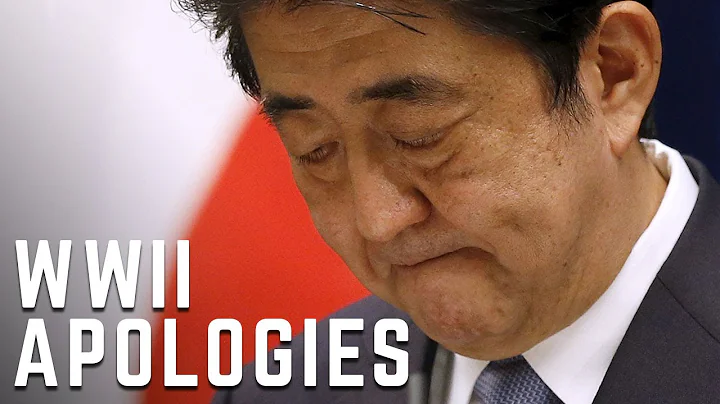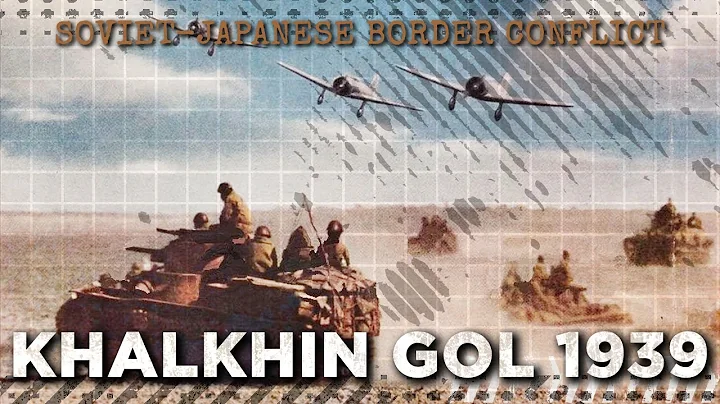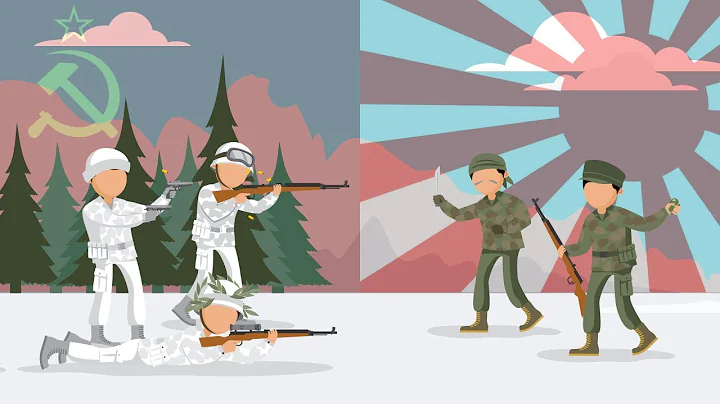The Kwantung Army is an important unit of the Japanese Army. They have the best equipment and are one of the most powerful units in Japan. They are called the "Flower of the Imperial Army".

Since its establishment in 1919, the Kwantung Army has set the goal of "Manchurian independence" and has begun to create troubles in Northeast China in an attempt to split Chinese land.

During the War of Resistance Against Japan, the Kwantung Army also transferred a small number of troops to the south and formed a mixed force with other Japanese troops to jointly attack the Chinese army. But in general, the main force of the Kwantung Army remains in the Northeast.

Then, since the Kwantung Army has a strong combat force, why does Japan not let them send their troops south, but stick to the northeast, and waste it?
I think there are two reasons.
1. The Northeast is the logistics support of the Japanese army.
Japan is an island country with extremely poor war resources. In contrast, Northeast China has fertile soil and is very suitable as a base for war preparations, as well as rich resources such as mineral deposits and forestry. Moreover, there is an arsenal in Shenyang, where most of the bullets and artillery shells used by the Japanese in the war of aggression against China were produced. Therefore, for Japan, the Northeast is an important logistics base for their survival.
During the War of Resistance Against Japan, Chinese soldiers showed extraordinary resilience and dragged Japan into the quagmire. This also made Japan have to take great risks to launch the Pacific War and plunder the rich resources of Southeast Asia to make up for the Chinese battlefield. Resources are tight. Therefore, if the Northeast region is lost, Japan's war in China will not function in a very short period of time, which will cause huge losses to Japan.

2. The Northeast is not stable.
Although Japan occupied the Northeast without costing a single soldier, and the Northeast Army retreated across the border, the people in the Northeast have always insisted on fighting the Japanese.
After the fall of the Northeast, the Northeast Anti-Japanese Volunteer Army, the Northeast Anti-Japanese Guerrilla Group, and the Northeast People's Revolutionary Army began long-term and arduous combat against Japan. Especially in 1936, after the establishment of the Northeast Anti-Japanese Allied Forces, it became a confidant of the Japanese army. In 14 years of persistent struggle, they eliminated more than 100,000 Japanese troops and played a certain role in containing the main force of the Kwantung Army.

(Soviet-German War)
Third, the threat of the Soviet Union.
Due to the special geographical location of the Northeast. The Japanese occupation of the Northeast is equivalent to a knife on the back of the Soviet Union, which made the Soviet Union very dissatisfied.
Actually, Japan has been struggling with war strategy in the early stage of World War II. Whether it should "go north" to invade the Soviet Union or "go south" to send troops to Southeast Asia, Japan has been hesitating. In the case of the invasion of the Soviet Union, the Japanese army was actually ready. Their troops stationed in North Korea and the Kwantung Army stationed in the northeast formed a posture of siege to the Soviet Union Siberia. Once the ally Germany captured Moscow, then Japan It will invade across the board and divide up Soviet resources and land.
However, Japan had already done a good job of restraining Germany’s attack on the Soviet Union, and when Nomenham was fighting the Soviet army, Hitler suddenly signed the "Soud" with the Soviet Union in August 1939 for strategic needs. "Non-aggression Treaty", this move made Japan feel betrayed. And the most important thing is that Japan realized a problem through this battle: the Kwantung Army, the most elite army, could not beat the Soviet Red Army.

This battle forced Japan to dispel the idea of going north, at least before Germany fell to Moscow, Japan would not attack the Soviet Union again.
However, with the outbreak of the Soviet-German War, Japan and the Soviet Union were on opposite sides. At this time, JapanThe army's occupation of the Northeast has indeed threatened the rear of the Soviet Union. Japan is worried that the Soviet Union will send troops to attack the Northeast in order to eliminate its worries. Therefore, the main force of the Kwantung Army cannot move.

and Japan obviously overestimated the combat effectiveness of its own army. As the Pacific battlefield is in desperation, the main force of the Kwantung Army is constantly being transferred to the Pacific to fight the US army. The Northeast Kwantung Army can only It is even more impossible to support the Chinese battlefield with old and weak remnants.





















